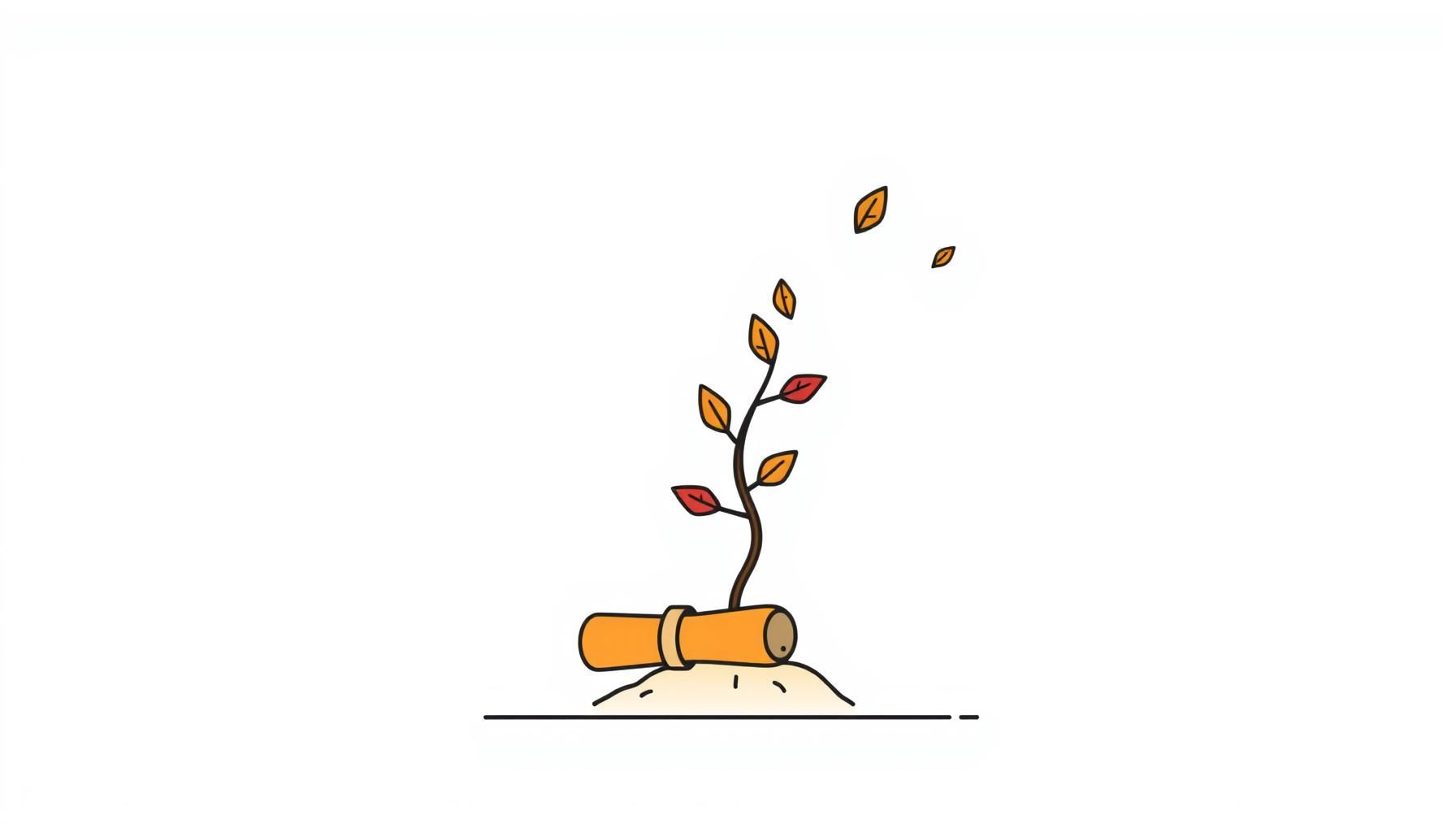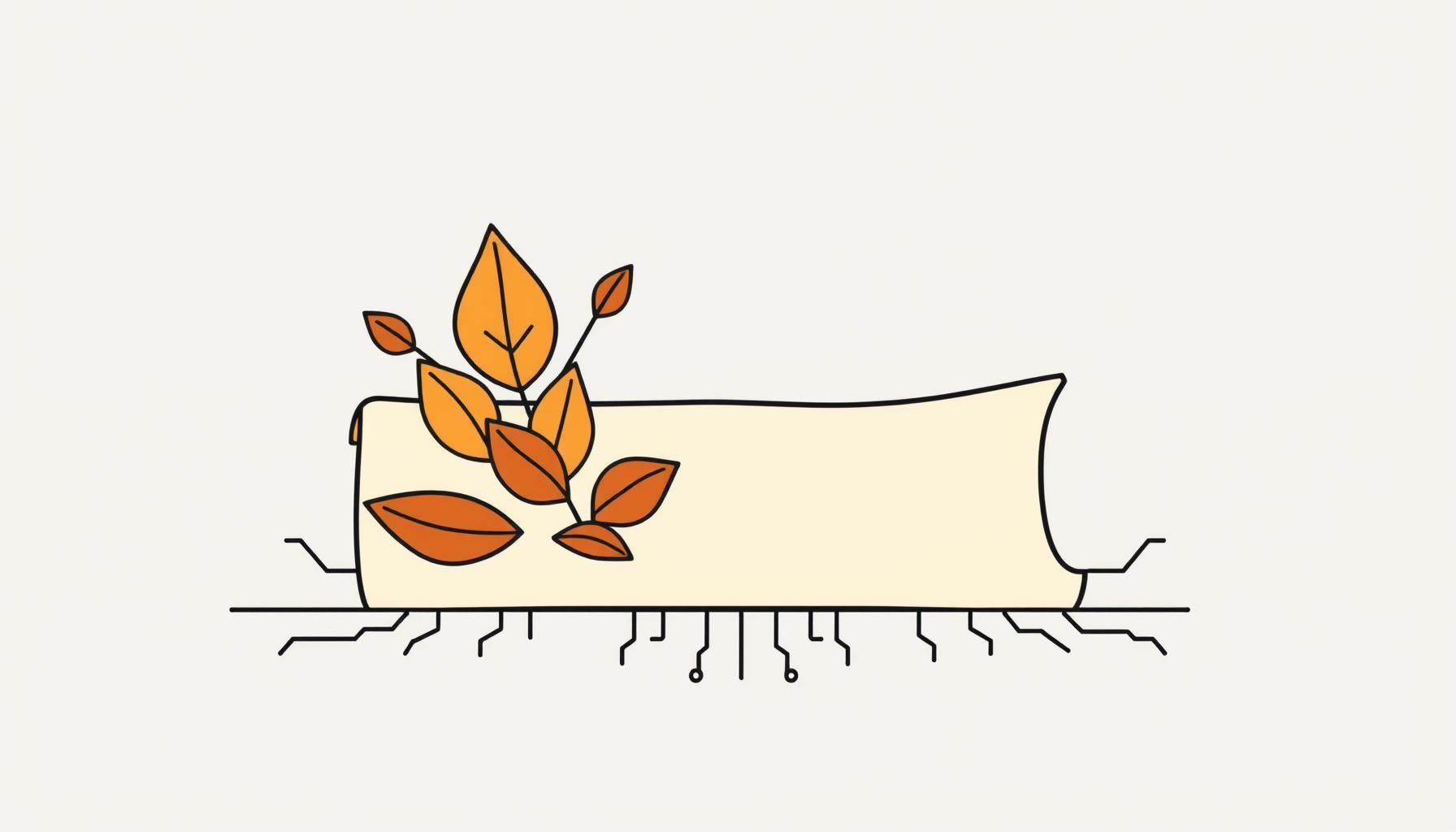
Beyond Degrees: Nurturing Tomorrow’s Tech Talent
As a partly cloudy Tuesday afternoon settles in, it’s hard not to reflect on how quickly the world around us transforms—especially in the realm of technology. News has emerged that’s sending ripples through parenting circles: Anton Osika, CEO of Lovable, a ‘vibe coding’ startup, suggests that computer science degrees are no longer the guaranteed entry ticket to tech careers. ‘For most people, a degree is no longer the entry ticket,’ Osika shares. This statement doesn’t diminish the value of education but rather highlights how leverage has shifted in our rapidly evolving digital landscape. As parents, we’re left wondering how this impacts our children’s educational journey and what skills truly matter as they grow into tomorrow’s innovators. Let’s explore how this changing paradigm affects our approach to parenting and learning in the age of AI.
What if the most valuable education we can provide isn’t about filling our children with knowledge, but about igniting their curiosity to discover the world for themselves?
How Is the Tech Career Landscape Changing for Our Kids?

Anton Osika’s perspective isn’t about dismissing education—it’s about recognizing how technology has transformed the path to innovation. ‘I wouldn’t say it’s worthless, but I do think the leverage has moved,’ explains Osika, whose company enables users with minimal programming knowledge to create software using AI. This shift isn’t just theoretical; it’s already visible in the job market. According to recent data, computer science graduates aged 22-27 are facing unemployment rates of 6.1%, signaling that traditional credentials alone may no longer guarantee career success.
What’s remarkable is how accessible technology creation has become. ‘In the past, the bottleneck to building in tech was the technical know-how, which required years of training to even get started,’ Osika notes. ‘But now, people have the tools to go from idea to working product without ever touching a formal CS education.’ This democratization of technology means our children can potentially bring their ideas to life regardless of their formal educational path—a game-changer for future innovators!
Did you know? The most successful tech innovators aren’t necessarily those with the most degrees, but those who can adapt quickly and solve problems creatively.
What Skills Matter Most for Future Tech Success?
As parents, we naturally want the best for our children’s future. This shift in tech careers challenges us to reconsider what skills truly matter in preparing them for tomorrow’s opportunities. Osika emphasizes qualities that transcend traditional education: ‘Curiosity, adaptability, and shipping high-quality products quickly can matter more than credentials.’
This isn’t about devaluing education but rather expanding our definition of what constitutes meaningful learning. For our young daughter, this means encouraging her natural curiosity about how things work rather than focusing solely on academic achievement. It’s about fostering a love for problem-solving and the confidence to experiment—even when things don’t go perfectly on the first try.
Consider how our children’s daily lives already reflect this shift. When kids build elaborate structures from blocks or design whole imaginary worlds, they’re developing the same creative thinking and problem-solving abilities that drive innovation. These moments of unstructured play are far more valuable than we might realize in building the foundation for future tech success!
Through blended traditions, we create spaces where cultural wisdom dances with modern discovery.
How to Cultivate Essential Tech Innovation Skills in Children?

So how do we nurture these crucial skills in our children? Try creating spaces where curiosity blossoms naturally and adaptability becomes second nature.
Embrace the Power of Questions: Instead of providing all the answers, encourage your children to ask ‘why’ and ‘what if.’ These questions open doors to deeper understanding and creative thinking. When my daughter asks why the sky is blue or how a tablet works, rather than giving a simple explanation, I’ll often turn it back to her: ‘What do you think?’ Suddenly, she’s engineering solutions just by wondering aloud!
Balance Screen Time with Hands-On Exploration: While digital tools can enhance learning, nothing replaces the tangible experience of building, creating, and experimenting with physical objects. Balance is key—using technology as a tool rather than the sole focus of play.
Celebrate Adaptability: When things don’t go as planned—and they rarely do—model flexibility and problem-solving. This resilience is perhaps the most valuable skill our children can develop as they navigate an increasingly complex world.
Connect Learning to Real-World Problems: Help your children see how their interests can address real challenges. Whether it’s designing a better playground or creating a story that explores important themes, authentic engagement makes learning meaningful.
Pro tip: Turn everyday moments into learning opportunities. Cooking together becomes chemistry, building with blocks becomes engineering, and storytelling becomes creative writing!
A Personal Journey of Discovery
Last weekend, as the family enjoyed a relaxed picnic in the park, my daughter discovered an ant colony building intricate tunnels. Instead of moving on quickly, we spent nearly an hour observing their methodical tinkering with obstacles. She asked question after question about how they communicated, divided tasks, and adapted when challenges appeared. That quiet moment in the grass flowed naturally into a bigger conversation about how even the smallest creatures solve problems together.
This simple scene crystallized for me how much our children learn through observation and curiosity. No textbook or computer science degree could have taught her what she discovered in those spontaneous moments of exploration. The ants were demonstrating the very principles Osika highlighted—adaptability, collaborative problem-solving, and a knack for adjusting when things go wrong.
When we later used our tablet to look up more information about ant colonies, the experience was transformed. It wasn’t about passive consumption of information but building on her natural curiosity with tools that enhanced understanding. This balance between hands-on discovery and digital resources represents the future of learning that Osika’s insights point toward.
What if we viewed every experience as a learning opportunity rather than just checking off educational milestones?
Parenting in the Age of AI-Powered Innovation

Osika’s perspective challenges us to rethink what success means for our children in a world where technology continues to evolve at breakneck speed. The key isn’t to abandon traditional education but to complement it with experiences that foster creativity, adaptability, and a love for lifelong learning.
As parents, we’re guides rather than directors in our children’s learning journey. We can provide opportunities for exploration, model curiosity in our own lives, and create safe spaces for experimentation. The most valuable lesson we can teach our children is that learning never ends—that every experience, success, and setback contributes to their growth.
The path to innovation has never been straight or predictable. What matters most is nurturing the qualities that allow our children to navigate whatever changes come their way: curiosity that drives discovery, resilience that helps overcome obstacles, and adaptability that turns challenges into opportunities.
As we reflect on these changing times, perhaps the greatest gift we can give our children is the confidence to know that they don’t need a specific degree or credential to make their mark on the world. What they need is the belief in their own ideas, the courage to try something new, and the persistence to see it through. That’s education that no formal degree can replace.
In a world that values credentials over curiosity, how can we help our children discover their unique gifts and develop the confidence to share them with the world?
Source: Vibe coding startup CEO says a computer science degree is no longer the ‘entry ticket’ to a career in tech, Business Insider, 2025-08-25 03:02:52
